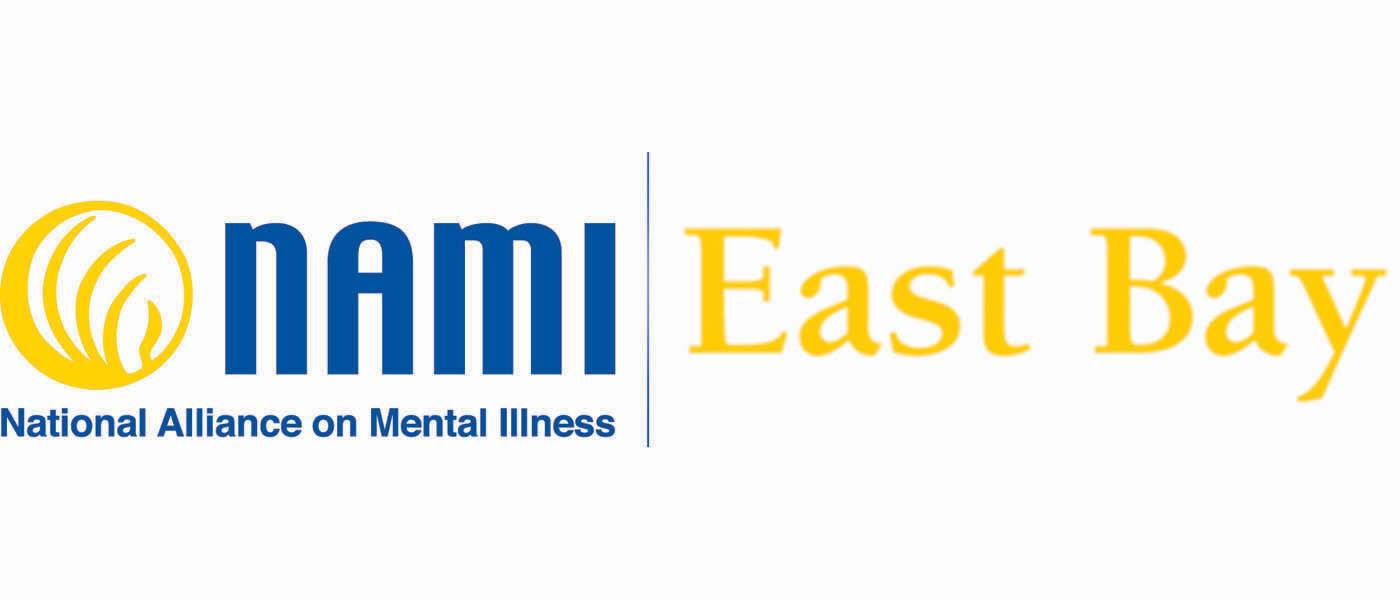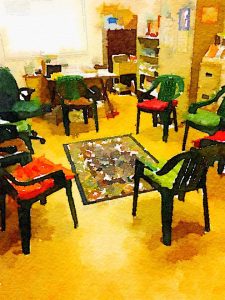Advocacy efforts for improvements and information in public policy are being handled adeptly by the group Families Advocating for the Seriously Mentally Ill (FASCMI), co-founded by NAMI East Bay board member Katy Polony and counting several of our board members in its membership.
FASMI (www.acfasmi.org) takes a comprehensive look at legislation and advocacy efforts. We will post items of interest in this area on this website but strongly recommend you rely on the FASMI website for up-to-date information. You may also want to join their ongoing group discussion about topics of concern.
By Alison Monroe
We founded FASMI (Families Advocating for the Seriously Mentally Ill) in about 2018, to continue the work of Voices of Mothers and Others (VOMO).
My own journey with my family member has gone on seven years. Like so many people I met through VOMO and FASMI, I journeyed from worry and bewilderment, to naivete and optimism, to disbelief, and then to rage at the terrible risks the system was putting my dual-diagnosis daughter through. They let her spend a couple summers wandering the streets of the Bay Area taking meth and being alternately helped and abused by strangers.
She had “the highest level” of case management, but her case manager couldn’t find her or do anything for her. She was discharged to a licensed, official “board-and-care” that provided no care but gave her every chance to take meth and disappear. At times I was prevented from seeing her, communicating with her, or finding out what was going on with her illness.
It made no sense at all. Someone advised me then that family members like me had a choice of sinking into resignation or resolving to fight the system and force it to commit to keeping our family members alive and safe.
Along with people in VOMO and FASMI, I went to meetings, shared stories, learned impenetrable acronyms, picked up all kinds of advice and generalizations about what the system could and couldn’t do, and tried to figure out who was on our side (if anyone), who was the enemy (if anyone), and where these barriers and disappointments were coming from.
Why FASMI Wants Beds
FASMI has an agenda that is a work in progress, but at the top our agenda always has more acute and subacute beds.
It is so obvious to us that there are not enough beds. So many times, our family members could go one way or another. They could get treatment or they could wait. They could be held or they could be turned away. They could go to jail, or they could go on the street and get in trouble.
Many times we were told that they couldn’t be held at somewhere that might help—John George, Villa, Gladman, Psynergy—because there just wasn’t a space for them. And if they got in, often we were told that they had to be discharged before they were ready so someone else could have their spot.
Many innovations and changes are proposed to help the seriously mentally ill—72 of them recently by a county task force—but many of these changes do nothing to fix the problem we see.
This is why we decided to demand actual, concrete things, hospital beds as well as board-and-care beds, and see who is with us.
This county can be measured and judged by the places it holds its seriously mentally ill. Several hundred of them (25-30 percent of the jail population) may be in Santa Rita on any given day. Three thousand or more may be homeless on the street. Others are living at home in shaky circumstances, with family members hoping for help with their next crisis. But only some 300 people with serious mental illness at a time can be in hospital beds, even if they need them desperately, and even if a couple months of treatment would have a good chance of restoring them to some kind of autonomy.
Solutions that don’t address the lack of these actual places do not solve our problem. In coalitions and in national groups, we are accused of talking about beds too much. But we have to talk about them, or our coalition partners will just put these beds further and further off into the future.
And when our national and state organizations fail to talk about beds—fail to talk about getting rid of Medi-Cal’s IMD exclusion, fail to talk about funding for new construction—they put off a solution further and further into the future. The “big tent” that embraces all mental illness and substance abuse can get so big that the troublesome 1 or 2 percent that are too sick to demand treatment are left out of the solution.
*****************
Homeless figures: 2019 EveryOneHome count, 8000 homeless, 39% report self-report psychiatric conditions
Santa Rita figures: DAC’s discussions with ACBH and the Jail


